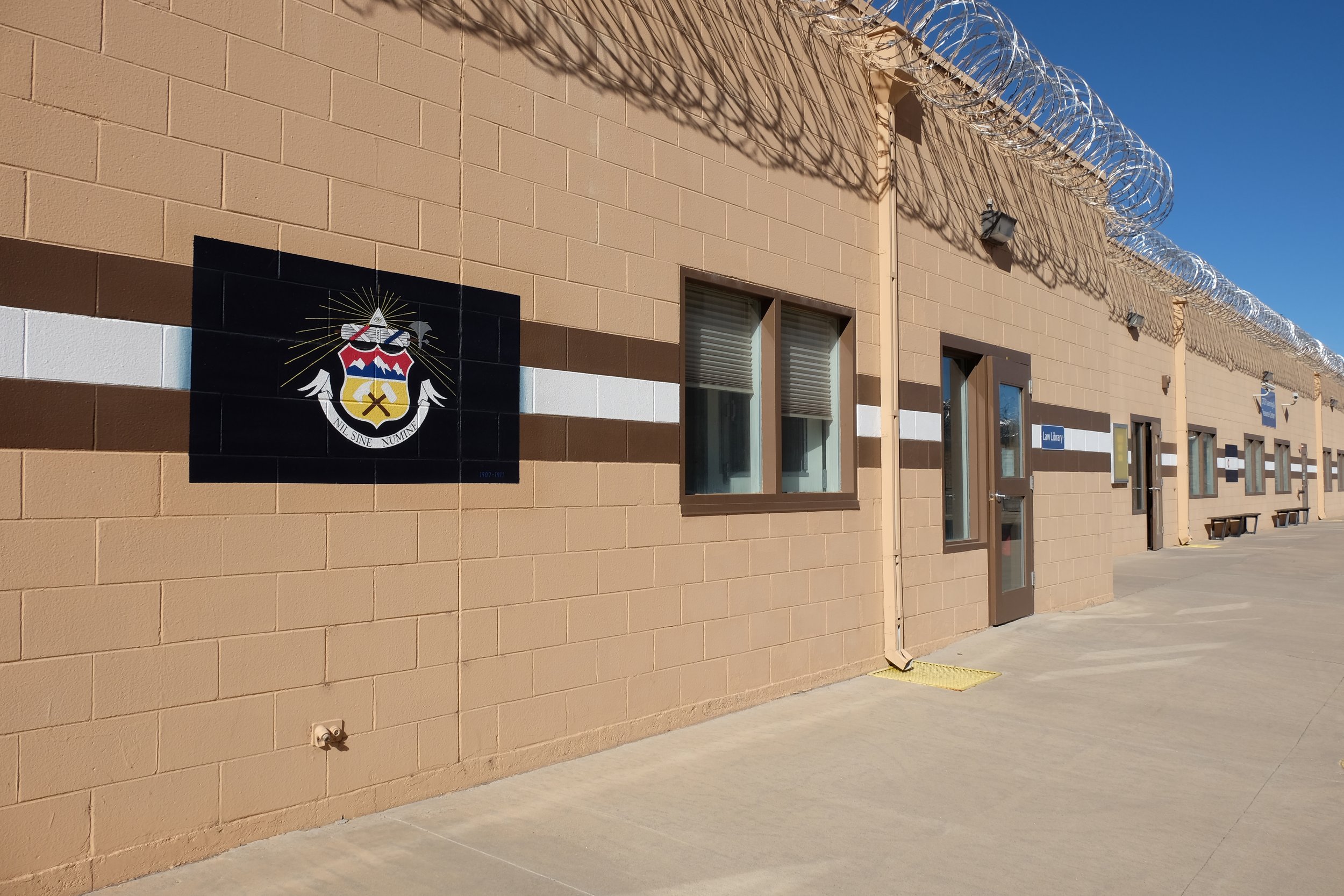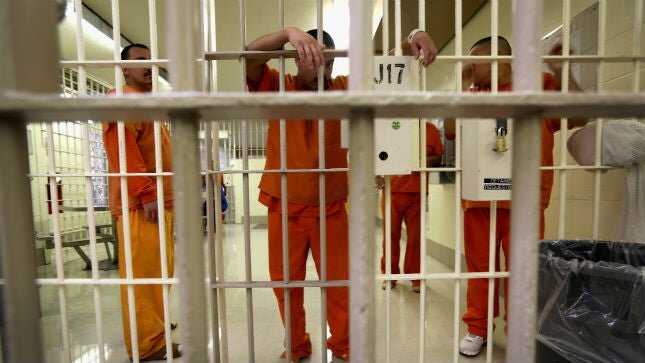
PRACTITIONER BLOG
Read our analyses of developments in Impact Litigation and stay current on class action law

Settlements bring key technology, other accommodations for Deaf, hard of hearing, and blind incarcerated people in Colorado
When Brian Mackes wants to submit a grievance challenging prison conditions, contact the infirmary with his medical concerns, or write a letter to his lawyer, he has to dictate his words to a fellow prisoner* who writes them down and – he hopes – writes them legibly, spells them correctly, and keeps them in confidence. Zach Radford did not understand the teachers in his required therapeutic class and was eventually removed from the class for nonparticipation; he remained on the waiting list for other required classes while others were admitted. Mr. Mackes is blind; Mr. Radford is Deaf;** both are prisoners in the custody of the Colorado Department of Corrections (CDOC).

Eastern District of New York Grants Class Certification to Incarcerated People Who Faced Inhumane Conditions
Plaintiffs also alleged that MDC staff failed to provide them adequate food and clothing and deprived them of access to hot water for cleaning, bathing, and laundry. Plaintiffs were forced to wash themselves in their cell sinks with cold water or forego washing for fear of getting sick. One resident suffering from ulcerative colitis had bloody bedding that had not been changed because of the lack of laundry services. Other incarcerated people with chronic medical conditions did not receive their medication and were unable to receive medical treatment. Class members also reported not being able to use their CPAP machines, not having access to mental health staff, and even enduring dirty bandages that had not been changed in weeks.
